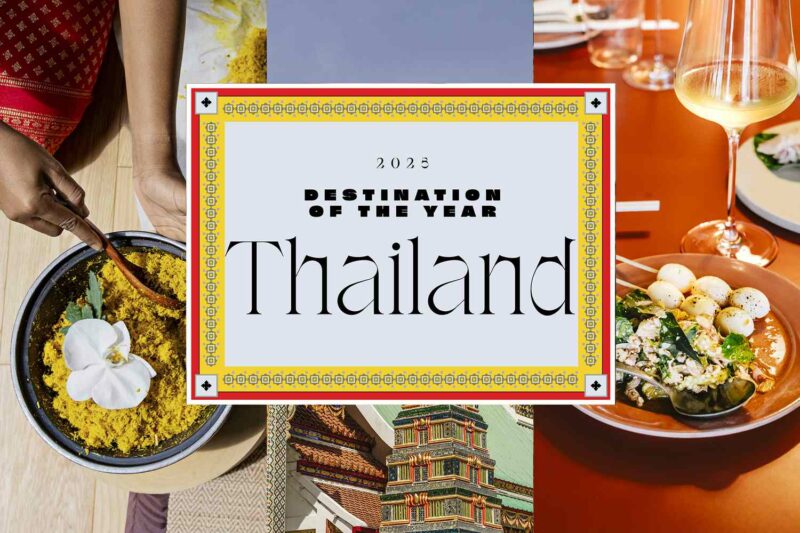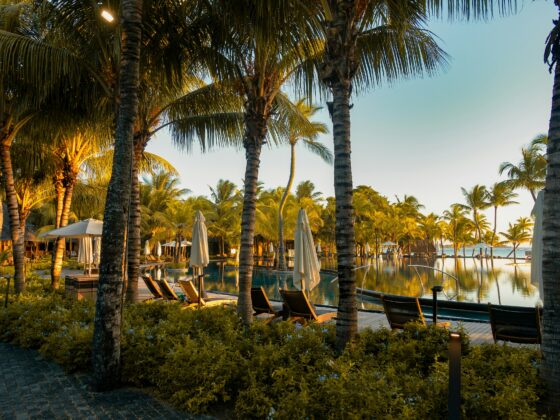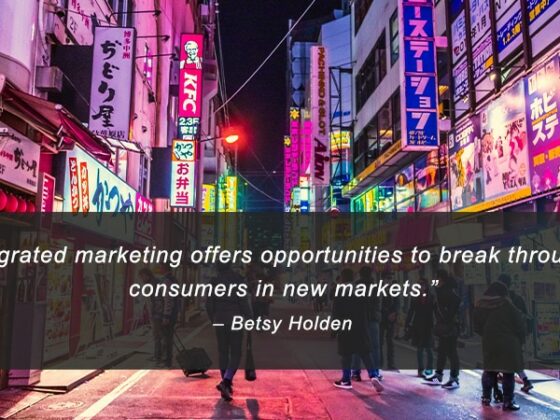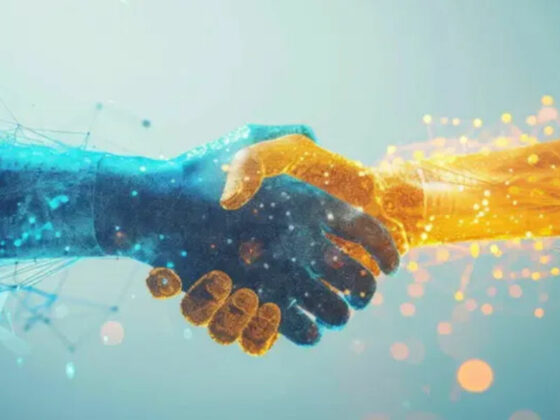Josiah:
At this month’s NYU Hospitality Investment Conference, Crestline Hotels CFO, Ed Hoganson, called upselling the secret sauce for turning high Rev par into high profit margins, so I wanted to talk with one of the industry’s foremost experts on this topic to help you understand how to do this. Well, this is Hospitality Dealey, the show that helps you stay informed and inspired each day by the most interesting people in hospitality. Erik Tengen is the CEO of Oaky, an upselling software platform. So many hospitality leaders I’ve spoken with recently have talked about the power of upselling for driving revenue and, more importantly, profits, so I wanted you to hear from him on what he’s thinking and advising others in this area. To start out, here’s Erik on how he defines upselling.
Erik:
Upsselling, in my view, is basically starting with how do you create an extraordinary guest experience? Some people within the upselling space they look at it from okay, we need to maximize revenue, so we’re just going to sell a couple of deals and optimize for those, but they don’t care about making it a remarkable guest experience. And we take the complete other approach You have. You have KPIs like Trev Power, rev Power, loyalty but it starts with what is it that your guests want? How can we offer it in a way that they feel it’s very smooth and incredibly proactive and relevant? How can we price it in such a way that they feel like they’re getting a good deal? And how can we do that at the perfect moment across the digital guest journey, after the from the point, basically, that they book until they leave the property? So what we do with Oki is basically enable hoteliers to automate hyper personalized upselling across the full guest journey And through delivering a really exceptional guest experience, guests are buying deals and upsells because it’s relevant to what they want to experience And that drives conversion and that drives Trev Power, rev Power, whatever KPI you want to improve. The behavioral thing around guests and travelers is that we plan as we go nowadays. You book a flight, you book an accommodation, but you’re always going to have transportation needs, food needs, experience needs and other types of needs when you travel, and my motto is always guests will always keep buying these things, So someone is going to sell it to them, so it might as well be the trusted hotelier where the guests have chosen to stay right. So our job as a tech provider is to make it incredibly simple for the hotel to be providing all of these relevant services at the right touch points across the guest journey.
Josiah:
What advice would you have for people evaluating technology, because I think in my hospitality tech career I found many times people were fantastic at providing hospitality experiences and a little bit newer to shopping for, evaluating and purchasing technology.
Erik:
I think our best buyers look at it like a project planning. What is it that you want to accomplish? Why? When should you have it? What are the resources you think you have available, what can it cost, and those things. I would recommend anyone to have that type of internal analysis done before you contact a tech vendor. But then, on the other side, it’s once you’re in touch, it’s really the vendor’s job to take you by the hand and lead you, because We’ve done the mistake, i think, at times to ask hoteliers and say so, what are you expecting? What are the success metrics? and they have maybe done upselling for a year in like five hotels, but we’ve done upselling for nine years with like Hundreds of millions of guests, like zillion times more than any other company in the world And so, frankly, our knowledge around upselling is so much greater And I think any any kind of tech vendor that has been around for a while that that statement holds true. So I think it’s our job to say okay, so your KPI is, for example, drive more room revenue or premium room types. Okay, here is how we’re gonna accomplish that. These are the results that you can expect, based on similar types of properties, and Those results will kick on, kick in here and here and here. And, by the way, here is the process for for how we’re gonna onboard this. One thing you asked when you buy technology, a really, really key thing is that you have a champion. I dedicated at the property and the hotel head office level to drive the product to really be Engaged in the buying process. And yeah, the most fun thing honestly about that for vendors is having a really educated buyer Who really kind of has a good idea about what they want. Those conversations are amazing.
Josiah:
Yeah, and part of that education is taking the time to learn, and so I’ll make sure to link to your podcast in the show notes. I think there’s some fantastic conversations there. I was gonna ask you know, what have you learned from your clients that have implemented technology the most successfully? You talked about successful Hotel groups that are buying this, have a project plan. They have a champion. Does any example client come to mind on a really good implementation of your technology? What does that look like?
Erik:
Radisson was great. We onboarded like many hundred hotels in very, very few days with them, but also now optimizing it even further with a with the most rolled out technology within Radisson, outside of their very core tech stack, which is something we’re very proud of.
Josiah:
Why is that?
Erik:
I think in in in general, a very successful hotel that is, that is, maximizing the potential of upselling, have gotten rid of the isolation between departments. Internally, they have revenue, fmb, spa, wellness, if you have, like all these kind of guest-facing departments, maybe even housekeeping around the table, and they think about okay, guys, we have an upcoming three to six months, what is it that we would like to offer to our guests, what is it that we maybe don’t have today? and then the FMB guy will say, yes, we’re opening up our new lunch spot but it’s super busy from 12 to 2, so we’re gonna upsell deals where they can basically book prior to 12 and after 2 o’clock. And then the housekeeping lady says I love this new initiative where we can upsell Save the planet and reduce housekeeping. So that’s something I would like love to do. Pre-arrival, at certain touch points You have maybe the loyalty team that says, okay, we’re thinking about offering new things specifically for towards loyalty members. Like I said for oki, hyper personalization is big, so every guest can receive a unique set of deals and messaging. And I think, by what we see from hoteliers that are putting all of these minds in one, in one spot, they they really have that proactive engagement in terms of Delivering to the tech vendor what they think works really well for their guests and what they are capable of delivering on, because upselling is not just selling it, it’s also delivering it operationally right ski, especially now with a lot of staff retention. So so that’s absolutely critical. That’s the one piece, and then the other piece is is the technology Like our responsibility in terms of looking at okay, you’re a city hotel in Madrid or in another city? We have data around 50 similar properties that have similar types of feeder markets So we can tell you you should offer this many amounts of deals at these touch points in the guest journey Room. Upgrades sell incredibly well seven days prior to arrival, but two days prior you should be focusing around guest experiences, for example, when the psychology of their guests is changing and they’re starting to pack their bags, so we can really help in the delivery around it and also with best practices from what other similar properties are doing. I think that also holds true for any tech player that have a niche ICP, like a niche ideal customer profile, because you become very, very good at understanding your customer. We are like, just like Jeff Bezos always says, he’s obsessed with customer feedback, we are exactly the same. We do like 100 to 200 customer interviews a year to understand what their needs are and how we can be the best solution for, specifically, hotel chains with high upsell potential.
Josiah:
That’s great. It needs to be a partnership. I think for the hoteliers that are listening to this, look at conversations with yourselves as a partnership conversation, not just vendors. I think that it misses out on the opportunity here. From what I’ve seen from you, you also think about this with other tech companies. You announced a relationship with ideas and it sounds like you’re also thinking about these partnerships on how together you can provide these integrated, very powerful solutions.
Erik:
Absolutely. We have a very, very zoned and focused we call it it’s going to be SaaS tech now, but it’s called ICP strategy. Just like a hotel chain would think, i’m going to focus on that segment and get them to my hotel. We are doing exactly the same, but we serve a certain type of the market of the hotel industry, which is basically hotel chains with high upsell potential. What I wanted to say was, yeah, in interviews you understand what are the needs for these types of customers and some of the needs you can fulfill yourself. But we always said we’re never going to step away from upselling. We want to be the best in the world at upselling, so we’re not going to go into and dabble with other things, but you can achieve a very attractive whole product for your customers through partners and alliances. We don’t want to be an AI company that focuses on pricing necessarily, and that’s, of course, what Ideas is doing great, and Duetto as a revenue management system, so we partner with them to basically power dynamic pricing through Oki. It works so well because both of those companies are really focused on the same type of segment, so thereby we can achieve really like a 1 plus 1 equals 3 or sometimes 4.





